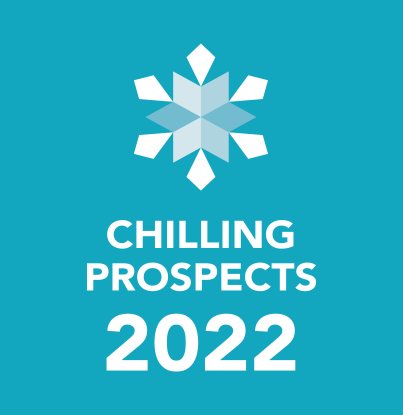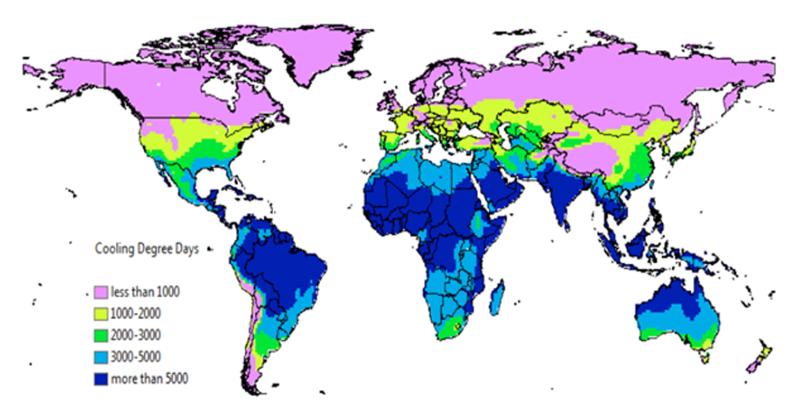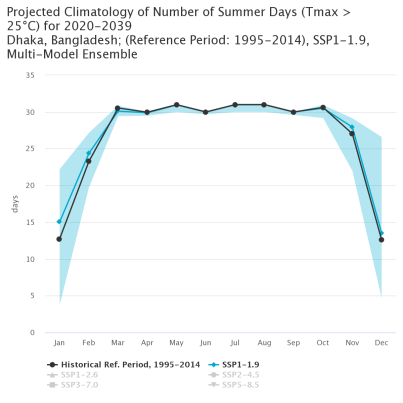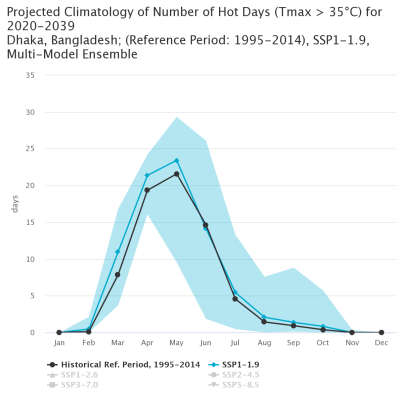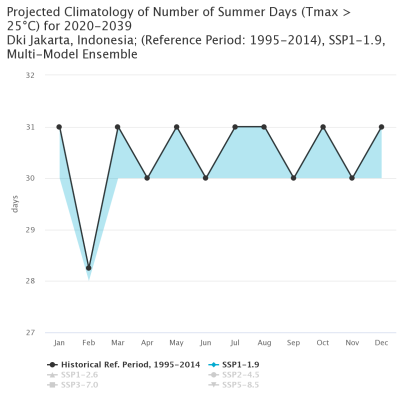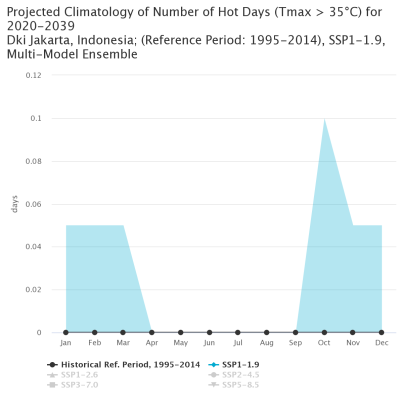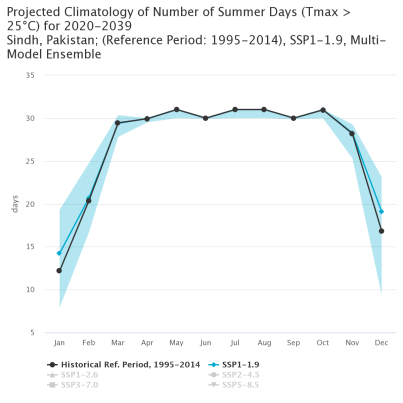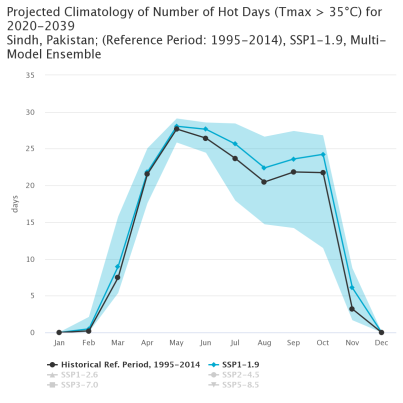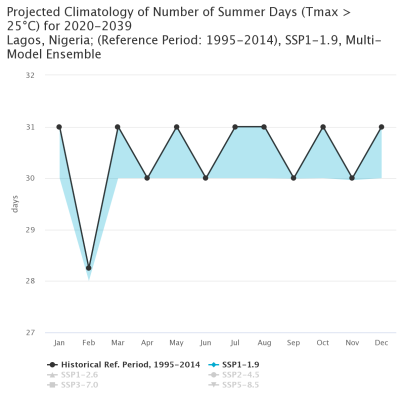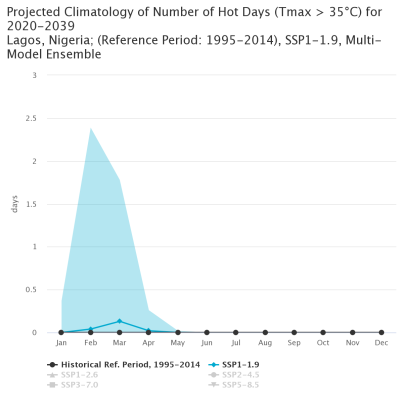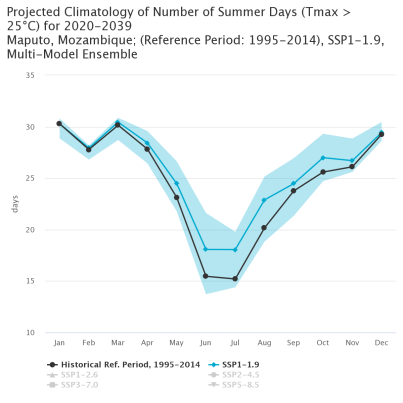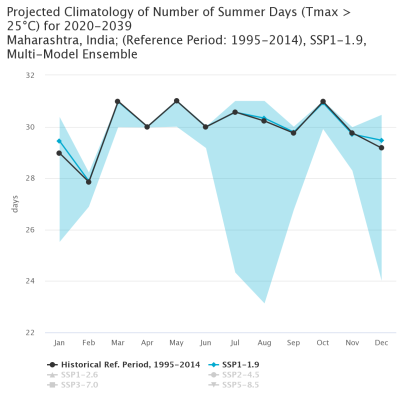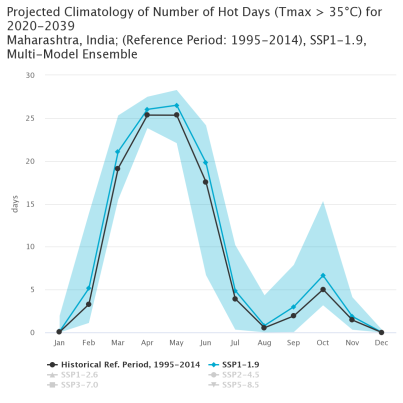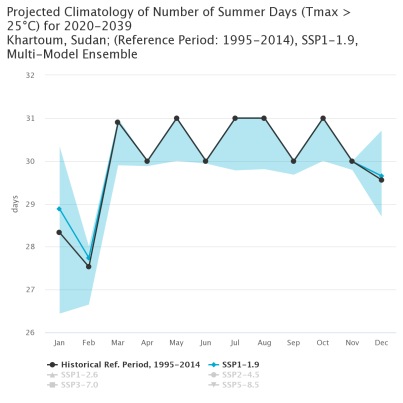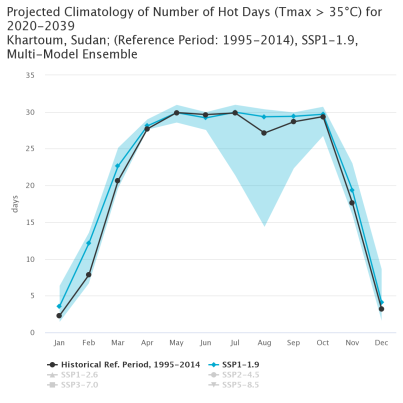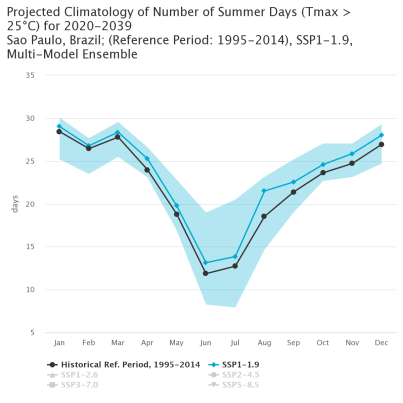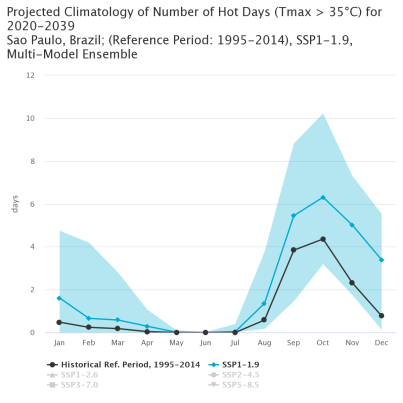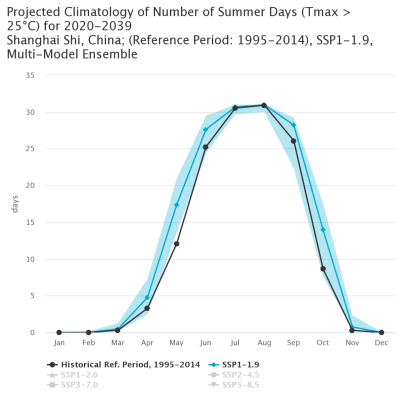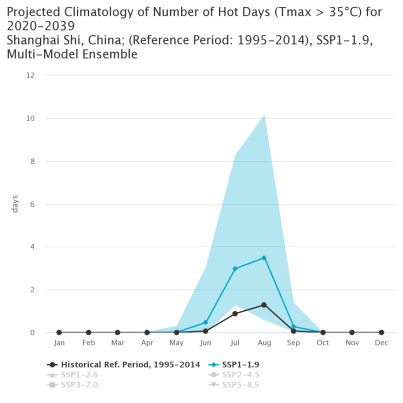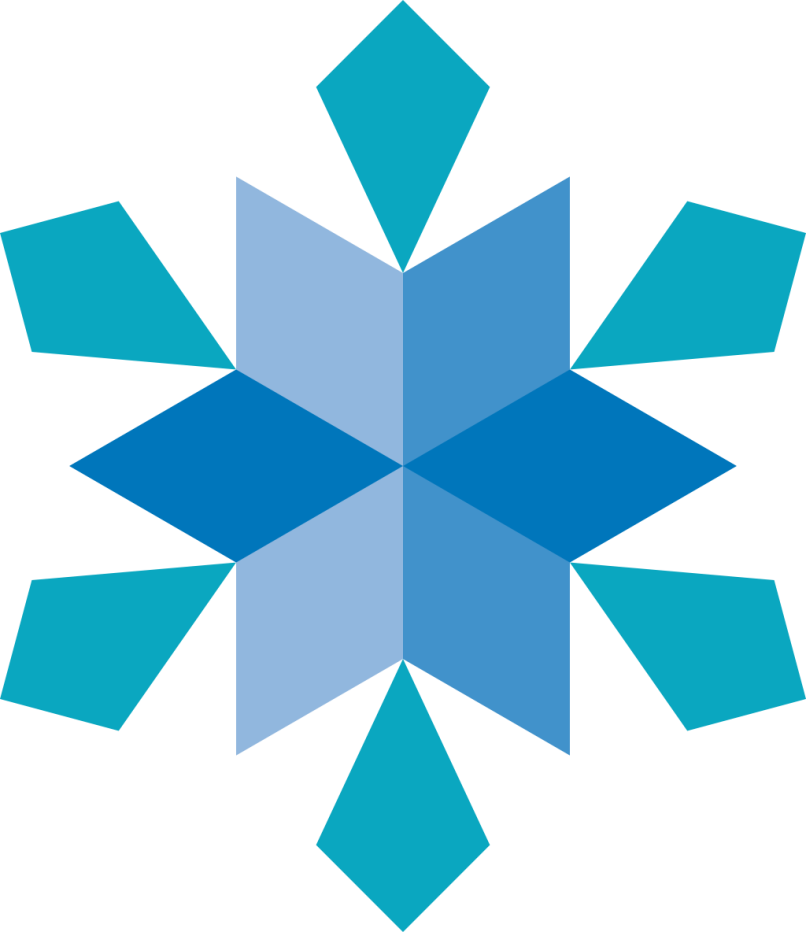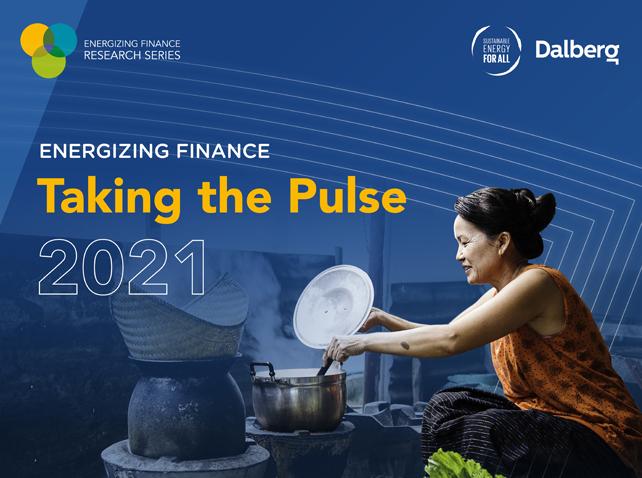Africa Carbon Markets Initiative builds on momentum from COP27, announces 13 action programmes
Today, the Africa Carbon Markets Initiative (ACMI) announced 13 action programmes. Steering committee members, made up of African leaders, CEOs, and carbon credit experts, met at Abu Dhabi Sustainability Week to build on early momentum and set out further ambitions.
In the lead-up to COP28 ACMI’s action programmes aim to accelerate Africa’s participation in the global carbon market by:
- Launching country activation plans for multiple countries.
- Advancing market commitments with an ambition up to USD 1 billion for the purchase of high-integrity African credits.
- Developing projects based on new methodologies and the realities of Africa such as diesel replacement credits and biodiversity credits.
- Increasing a significant volume of credits on the continent.
ACMI was inaugurated in November 2022 at COP27 with a bold, long term-ambition for the continent - to reach 300 million credits retired annually by 2030. This level of ambition would unlock USD 6 billion in income and support 30 million jobs. By 2050, ACMI is targeting over 1.5 billion credits annually in Africa, leveraging over USD 120 billion and supporting over 110 million jobs.
At COP 27, USD 200 million was secured in advanced market commitments from global corporates. In addition, seven African nations signed up to develop country carbon activation plans including Burundi, Gabon, Kenya, Malawi, Mozambique, Nigeria and Togo. A further 7 corporate buyers and 7 countries approaching commitment to the programme demonstrate the progress made in the past two months.
During the launch of ACMI at COP27, H.E. William Samoei Ruto, President of the Republic of Kenya, said “Our people have the potential to play a unique, indispensable, and globally significant role in the prevention and mitigation of emissions, protection of crucial ecosystems and the restoration of precious carbon sinks. The urgent actualisation of these critical interventions offers humanity its best chance of prevailing in the existential contest with climate change-induced catastrophe. The good news is that the world has a golden opportunity to rapidly achieve these objectives. By developing a robust, transparent and sustainable mechanism through which a carbon credits market can yield attractive income and development opportunities for communities at the frontlines in the fight against climate change.”
Damilola Ogunbiyi, CEO and Special Representative of the UN Secretary-General for Sustainable Energy for All and Co-Chair of UN-Energy, states, “The Africa Carbon Markets Initiative will be a transformational opportunity for Africa, with the potential to unlock billions in climate finance to support economies while expanding energy access, creating jobs, safeguarding biodiversity, and driving climate action towards our joint Paris goals.”
Joseph Nganga, Vice President, Africa, for the Global Energy Alliance for People and Planet, noted, “Current levels of climate finance fall short of Africa’s needs. The continent requires US$3 trillion to implement its aspect of the Paris Agreement, yet less than US$20 billion was provided in total to Africa between 2016 and 2019. Voluntary carbon markets can play a crucial role in filling this finance gap, but its potential is far from being realised. The Africa Carbon Markets Initiative can help us achieve a more rapid and equitable energy transition for Africa, a transition that supports lives and livelihoods with clean, reliable energy while countering the existential threat of our time, climate change.”
Antonio Pedro, Executive Secretary of the United Nations Economic Commission for Africa, has emphasised, “Africa is at the centre of the opportunity to develop the voluntary carbon credit market in a way that accelerates climate action, fosters shared value creation and creates sustainable livelihoods for communities at this time of global economic uncertainty. To recover from the global pandemic and to address the food and energy crisis which impacts Africa the most severely, we need to rethink Africa’s economic model- shifting to invest in sustainable value chains that deliver jobs and resilience. The Africa Carbon Markets Initiative aims to provide realistic, transparent and reliable pathways for investment.”
Bogolo Kenewendo, Special Adviser Africa Director, The Climate Champions Team, said, “Africa is undoubtedly the nature-positive economic superpower of the world. With access to the global voluntary carbon market, valuing and commercialising nature assets could unlock new financing opportunities for development for Africa. This market, operating with integrity, equity and transparency, could help Africa deliver on three fronts: nature, climate and development”.
Dr. Mahmoud Mohieldin, UN Climate Change High Level Champion COP 27 Presidency, stated, “The world has no shortage of financial resources, scientific ingenuity, and technological wherewithal to deal with the climate crisis. What has been lacking is leadership that will marshal the resources and solutions for the parts of the world that desperately need them for the sake of the protection of nature assets and actioning a just transition that will help us all attain our 1.5 degrees ambition. ACMI is designed to create space for the public & private sectors to marshal assets to financial flows”
ACMI was launched in collaboration with The Global Energy Alliance for People and Planet (GEAPP), Sustainable Energy for All (SEforALL), and the UN Economic Commission for Africa, with the support of the UN Climate Change High Level Champions.
